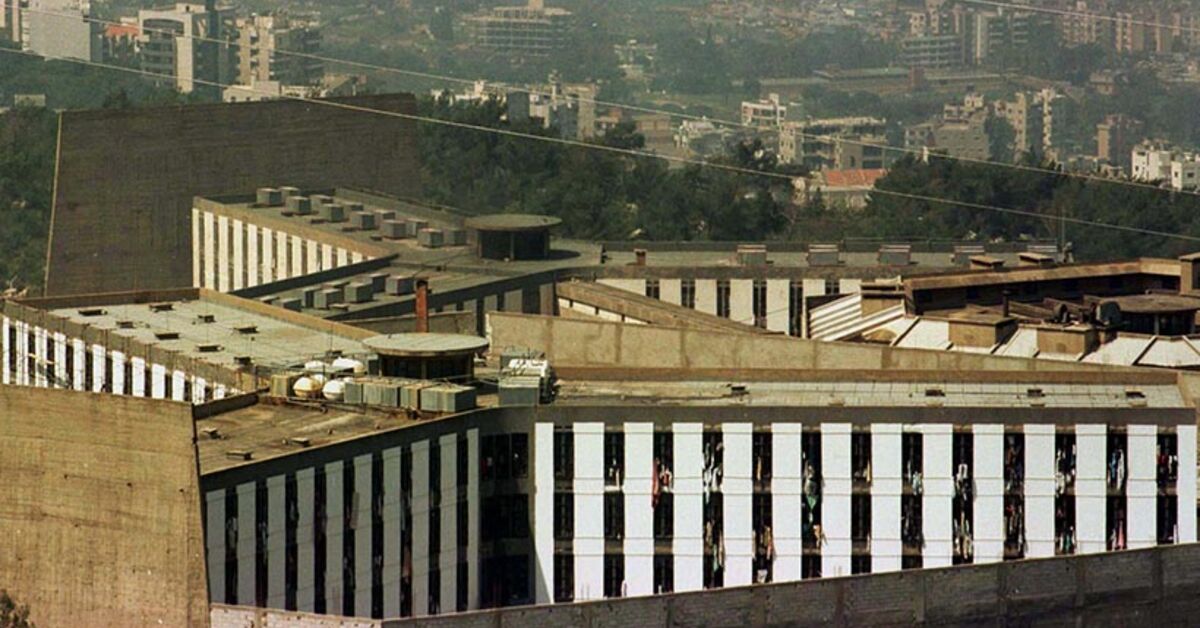Solving the Crisis of Syrian Prisoners in Lebanon.. An Agreement Sees the Light After Intensive Negotiations

In a positive diplomatic development, Syrian officials announced positive results from the visit of Syrian Foreign Minister, Asaad Al-Shaibani, to Beirut on Friday, describing it as "opening a new page" in bilateral relations with Lebanon.
The Director of the Arab Affairs Department at the Syrian Ministry, Mohammad Taha Al-Ahmad, revealed that the two sides reached an agreement regarding the file of Syrian prisoners in Lebanon. Al-Ahmad stated in television remarks on Friday evening: "The two sides have reached an agreement on the handover of Syrian prisoners except for those whose crimes resulted in innocent blood."
Al-Ahmad added that the Syrian side did not overlook this file, indicating that the ministry raised the "issue of detainees in Lebanese prisons in three meetings and communicated directly with the Lebanese side." He expressed his satisfaction with the "Lebanese side's response, which was very good," while also expressing hope for "turning the page on the past between the two countries."
The Syrian official went further, indicating that "there are many fabricated charges against the detained Syrians in Lebanese prisons."
This agreement comes in the wake of protests organized by hundreds of detained Syrians in Lebanese prisons over the past months, demanding their release and return to their country, where some claimed that their arrest was due to their opposition to the "previous regime," while others complained of the "harsh conditions" in prisons.
According to previous statistics revealed by a judicial source to the "France Presse" agency, the number of Syrian prisoners in Lebanon is about 2,250, which constitutes nearly a third of the total inmates in Lebanese prisons. The source clarified that about 700 of these prisoners "meet the conditions for handover, but it requires a new agreement between the two countries."
The charges against Syrian prisoners vary between those detained on charges of "terrorism" and belonging to extremist organizations and armed factions, with many referred to military court, while others are accused of launching attacks against the Lebanese army in border areas during the peak of the Syrian conflict that erupted in 2011.
These discussions take place within a complex historical framework, during which Damascus controlled the reins of politics in Lebanon for nearly three decades under the rule of the Assad family, facing repeated accusations of interfering in Lebanese sovereign affairs and assassinating political figures, especially during the period of Syrian military presence in Lebanon.